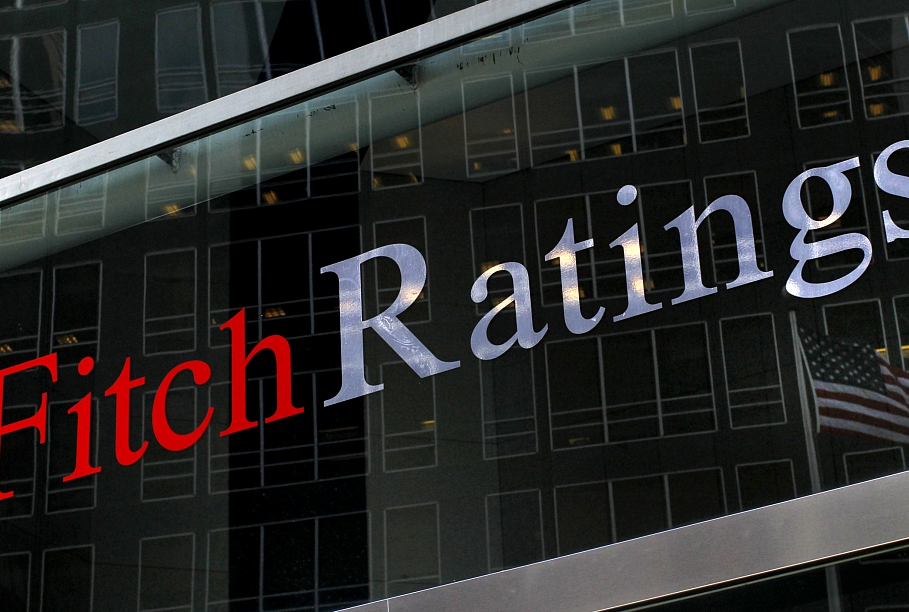In a generally upbeat assessment of the economic situation in the country, Fitch said:
"Latvia's ratings are supported by solid public finances, as well as institutional strengths and a credible policy framework that come with EU and eurozone membership... Economic growth is benefiting from strong cyclical dynamics, but on an historical basis is slower and more volatile than peers. Real GDP growth was 4.7% in 1H, in line with the 4.6% recorded in 2017."
"Investment was the fastest growing sector, reflecting a combination of EU funds and private investment. Solid private consumption growth was supported by rising real wages and falling unemployment. Fitch expects growth to slow to 4.3% in 2018 and 3.4% in 2019, due to slower investment growth, reflecting the pace of inflows of EU funds, and a weakening of growth in major trading partners. Labor market strength will keep household consumption the main engine of growth in 2019. Growth is projected to fall to 2.7% in 2020, slightly below the authorities' view of trend (3%)."
However, lower income levels and weaker external finances than higher-rated peers are constraints on the rating, while a shrinking labor force is pushing up wages, Fitch said.
On the subject of major reforms in the banking sector, the rating agency was not unduly concerned, saying:
"The fallout from the closure of the largest of Latvia's non-resident serving banks in February 2018 has so far been contained. Non-resident deposits have continued to fall, but the liquidity and capital ratios of the banks serving the sector remain high. The authorities have further tightened regulation of the sector and Fitch assumes an orderly winding down of a sector that has caused reputational damage to Latvia."
Similarly, current uncertainty about the future political landscape is not a major cause for concern, according to the agency:
"Parliamentary arithmetic suggests another broadly centre-right coalition is likely and Fitch does not expect any change to the economic policy stance, support for the EU or the pro-Western foreign policy."






























